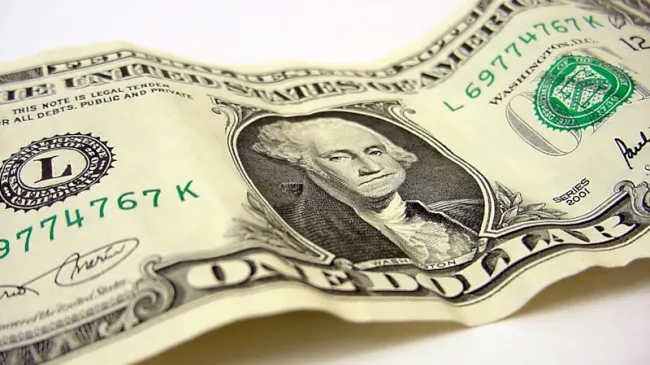In Monetary Affairs, Crisis Follows Crisis
It's easy to be depressed when you look around and see the state of monetary affairs, writes Christopher Mayer. But as many historical vignettes show, we have one great force in our favor. The inability of governments to maintain fixed exchange rates in the face of opposing market forces is proof of the impotency government managers.










